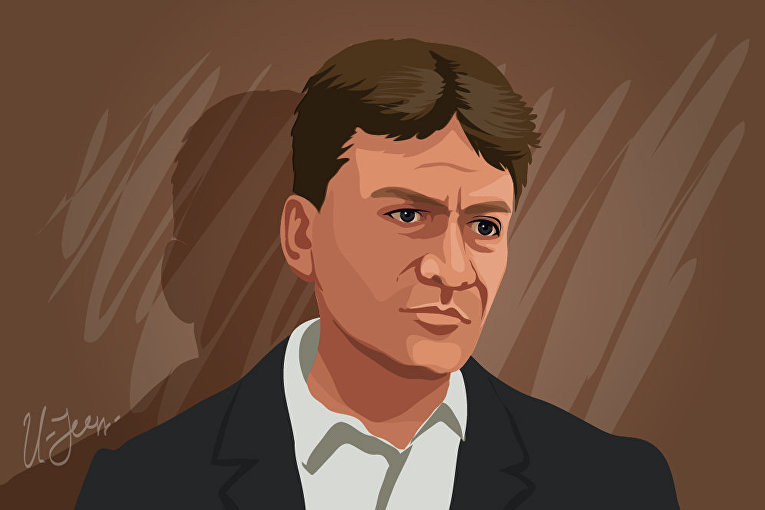MOSCOW, April 29 (RAPSI) – Investigation into T-Platform supercomputer developer’s CEO and shareholder Vsevolod Opanasenko and another defendant, ex-chief of the Interior Ministry’s communications directorate Alexander Aleksandrov, has been completed, the Investigative Committee’s press service reports.
They are charged with large-scale fraud.
Investigators believe that Opanasenko intended to take an advantage in making a government contract amounting to over 357 million rubles (about $4.6 million at the current exchange rate) for supply of several thousands of computer workstations to Russia’s Interior Ministry and encouraged Aleksandrov to commit the crime. It is alleged that Aleksandrov knew that the equipment to be supplied to the Ministry did not answer its requirements.
Their assets worth over 200 million rubles were seized to recover damages.
AO T-Platform is a Russian company established in 2002 for designing supercomputers and delivery of a wide range of solutions and services for high-performance computations, as well as manufacturing of computers on the basis of locally produced processors.
Opinion of Russian Business Ombudsman
In mid-March, the Moscow City Court released Opanasenko from detention and placed him under house arrest. Russia’s Business Ombudsman Boris Titov welcomed the court decision relaxing preventive measures in relation to the computer designer. The decision became a new step in implementation of a new practice relating to pre-trial restrictive measures with respect to entrepreneurs, Titov notes. Nevertheless, he observed that there remains much to be done in this respect, and expressed hope that the Supreme Court is to play a more active role in promotion of bail as a preventive measure in cases involving businesspersons.
Moreover, the Business Ombudsman held to an opinion that Opanasenko committed no crime, as he had no opportunity to influence the results of auctions held in electronic form, performed all his obligations under the governmental contract and the parties put forward no claims.
Earlier, Titov turned to President Vladimir Putin asking his instruction to let him examine the Opanasenko case.
Titov was of an opinion that investigators had wrongly charged the defendant under provisions of criminal law developed with respect to those holding state posts, not businesspersons. Therefore, the Business Ombudsman noted, Opanasenko should have been freed from detention.



